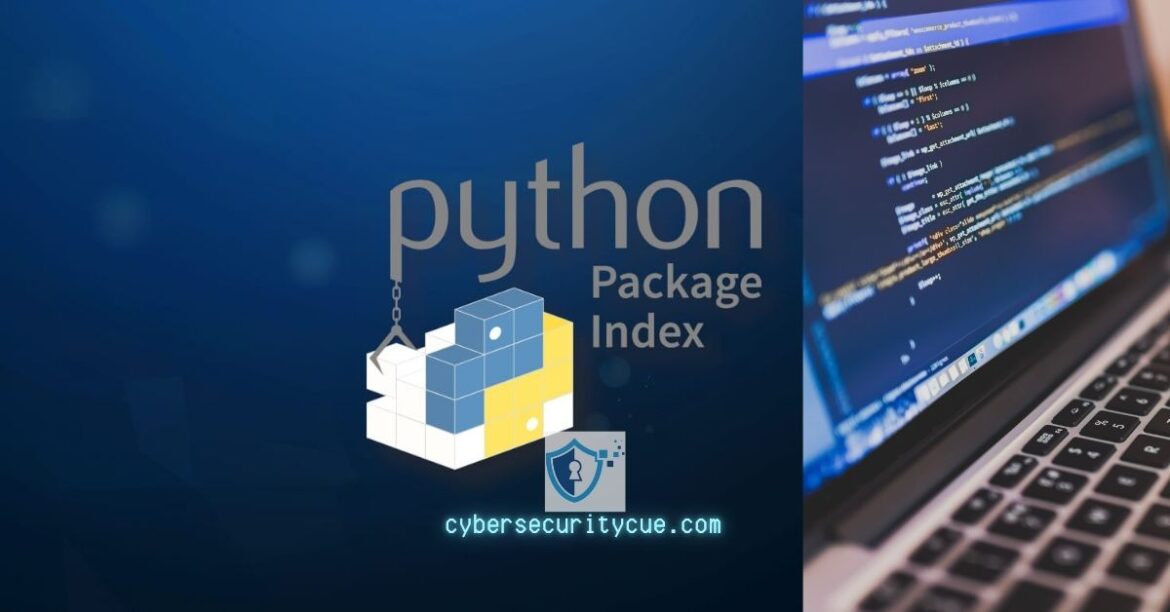Table of Contents
Imagine downloading a Python library for a project only to discover it’s secretly stealing sensitive data. That’s exactly what happened with the Python Package aiocpa, a popular tool that was recently found exfiltrating cryptocurrency keys using a Telegram bot. This alarming discovery highlights the dangers lurking in seemingly trustworthy software.
Python Package aiocpa Exposed for Crypto Key Theft via Telegram
Security researchers from Phylum identified the malicious activity in an updated version of aiocpa, leaving developers and crypto users at risk. If you’ve ever worked with libraries from the Python Package Index (PyPI), this news might hit close to home. So, what exactly went wrong?
Key Takeaway to Python Package aiocpa Caught in Crypto Key Theft via Telegram
- Python Package aiocpa Caught in Crypto Key Theft via Telegram: Even trusted Python libraries like aiocpa can turn malicious, reinforcing the need to carefully vet all software updates before use.
Malicious Code Hidden in Python Package aiocpa
The aiocpa package, which describes itself as a client for Crypto Pay API, seemed innocent at first. It has been downloaded over 12,100 times since its release in September 2024.
However, things took a turn when a new update (version 0.1.13) contained hidden code that targeted users’ cryptocurrency API tokens.
The malicious code wasn’t visible in the package’s GitHub repository. Instead, it was buried in a file called sync.py within the PyPI version. Once installed, the code would execute automatically, capturing private Crypto Pay API tokens and transmitting them to a Telegram bot.
Phylum researchers explained that the malicious code was heavily obfuscated—it was encoded and compressed 50 times, making it difficult to detect.
How Crypto Key Theft via Telegram Happened
The attack leveraged Telegram’s bot services to exfiltrate sensitive data. Crypto Pay, the API targeted by this malicious package, is a tool that lets users process cryptocurrency payments through Telegram’s Crypto Bot (@CryptoBot).
Here’s how the attack worked:
- Installation of aiocpa: Users downloaded and installed the updated version of the library from PyPI.
- Execution of Malicious Code: The obfuscated code in
sync.pywas automatically decoded and run. - Data Transmission to Telegram: The malware captured Crypto Pay API tokens and sent them to the attacker’s Telegram bot.
This technique, while sophisticated, isn’t new. Attackers often exploit vulnerabilities in popular packages, knowing many developers won’t inspect every update.
The Bigger Picture: Lessons from the aiocpa Incident
This isn’t the first time a trusted Python package has been compromised. In 2021, the “Colorama” package was found to contain malicious updates that harvested sensitive data. Such incidents highlight a growing threat in software supply chains, where attackers target widely used tools to maximize their impact.
The aiocpa case is a wake-up call for developers:
- Always review package updates carefully.
- Don’t rely solely on GitHub repositories for verification.
- Use tools like dependency scanners to detect hidden vulnerabilities.
What’s Being Done to Protect Developers?
The administrators of PyPI have quarantined the aiocpa package. This means no one can download or modify it until further notice. While this step helps prevent new victims, it doesn’t undo the damage for those already affected.
Phylum also advises developers to be extra cautious, pointing out that attackers often leave GitHub repositories clean to avoid suspicion. They’ve called for more robust vetting processes within ecosystems like PyPI.
This aiocpa incident is a reminder that even trusted platforms like PyPI aren’t immune to threats. Stay vigilant, and always prioritize security when working with third-party libraries.
About PyPI
The Python Package Index (PyPI) is a central repository for Python libraries, used by millions of developers worldwide. While it’s a trusted resource, its open nature makes it a target for malicious actors.
FAQs
What is the Python Package aiocpa?
The aiocpa package is a library designed to interact with the Crypto Pay API, but it was found to contain malicious code in its latest update.
How did the malicious code in aiocpa work?
The code captured Crypto Pay API tokens from users and sent them to an attacker’s Telegram bot.
How can I avoid malicious packages like aiocpa?
Always review updates, scan dependencies, and check the source code before installing any library.
What should I do if I’ve used aiocpa?
Stop using the package immediately, scan your system for threats, and change your Crypto Pay API tokens.
Why did attackers use Telegram for data theft?
Telegram bots provide an easy and anonymous way to collect stolen data, making it a preferred tool for cybercriminals.
What measures is PyPI taking to prevent future attacks?
PyPI quarantines suspicious packages and is working on implementing stricter security measures for uploads.





